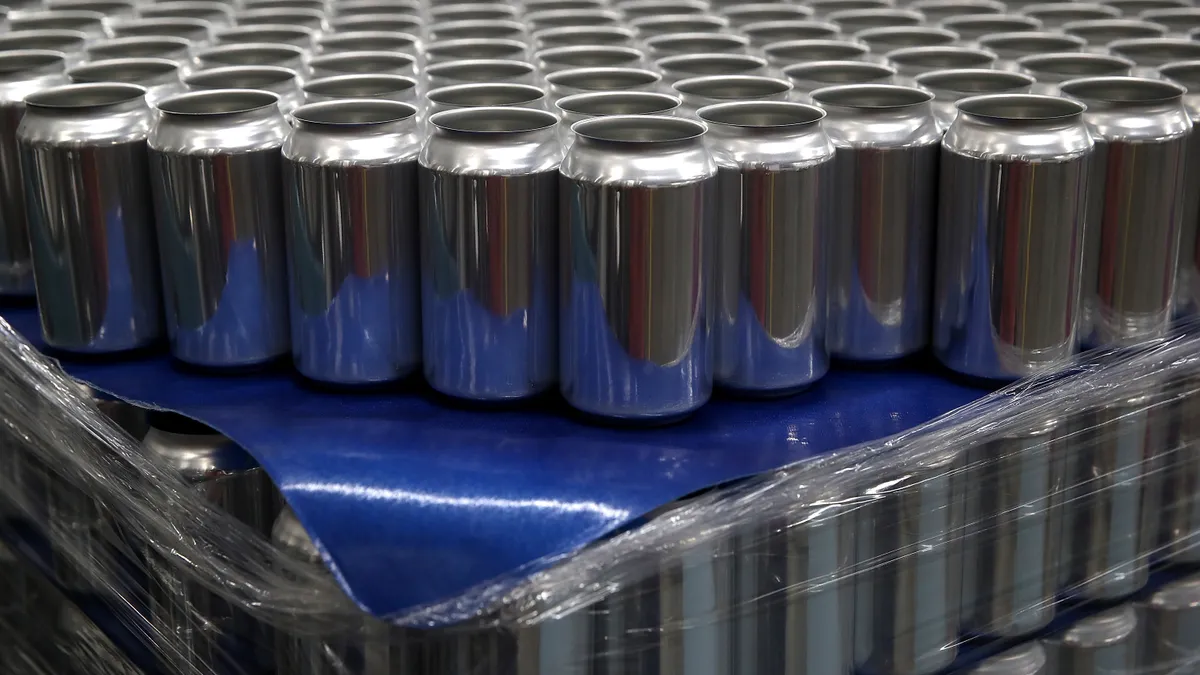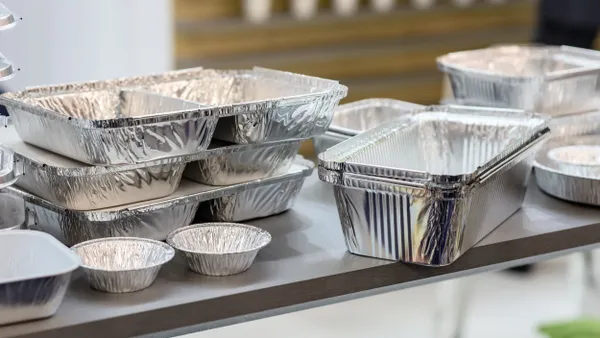Dive Brief:
- Kaiser Aluminum is working to stabilize production after magnesium and molten metal constraints contributed to a $24 million cost hit in the third quarter, President and CEO Keith Harvey said on an earnings call.
- The aluminum producer has secured alternative suppliers of magnesium and molten metal, allowing it to reopen a rolling mill plant in Warrick County, Indiana. The plant declared force majeure earlier this year to cope with abrupt delivery stoppages from their main magnesium supplier US Magnesium.
- Harvey said the plant is now positioned to operate at a more normalized run rate for the remainder of the year. Kaiser also reopened its Trentwood plant in Spokane, Washington, that had been closed due to a planned outage, which is expected to additionally boost production levels.
Dive Insight:
Kaiser Aluminum is working to insulate its supply chain from future disruption after issues at some of its main raw material suppliers left the manufacturer scrambling for alternatives.
In addition to US Mag cutting off magnesium deliveries, the Warrick facility accrued higher costs and lost efficiency over several quarters due to operational challenges its molten metal supplier Alcoa was experiencing with its adjacent smelter, executives said in the earnings call.
Although the smelter’s performance has improved back to acceptable levels, the CEO said the company continues to add molten metal sources to ensure a diverse supply base. This includes incorporating recycled materials as a percentage of its raw materials as they work to use more sustainable supplies at Warrick in the long term.
Kaiser Aluminum is also in the process of finalizing magnesium agreements for 2024 and beyond.
“We believe our supply base is well diversified and we are no longer reliant on a single supplier or geographical region,” Harvey told investors. “US Mag is no longer a factor in our magnesium supply base moving forward.”
The magnesium supplier declared a force majeure of its own in September 2021 due to equipment failure at one of its smelters but did not specify a timeframe for repair, according to a U.S. Geological Survery report. Concern over a magnesium shortage mounted for aluminum makers last year when several suppliers announced force majeures.
When Kaiser first announced its force majeure, the company predicted customer deliveries would be reduced approximately 50% during the remainder of Q3, though Harvey said shipments were ultimately “better than expected.” Still, Kaiser Aluminum does not expect to see meaningful recovery until 2023.














